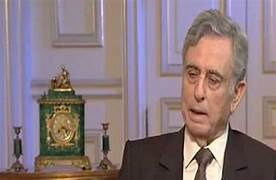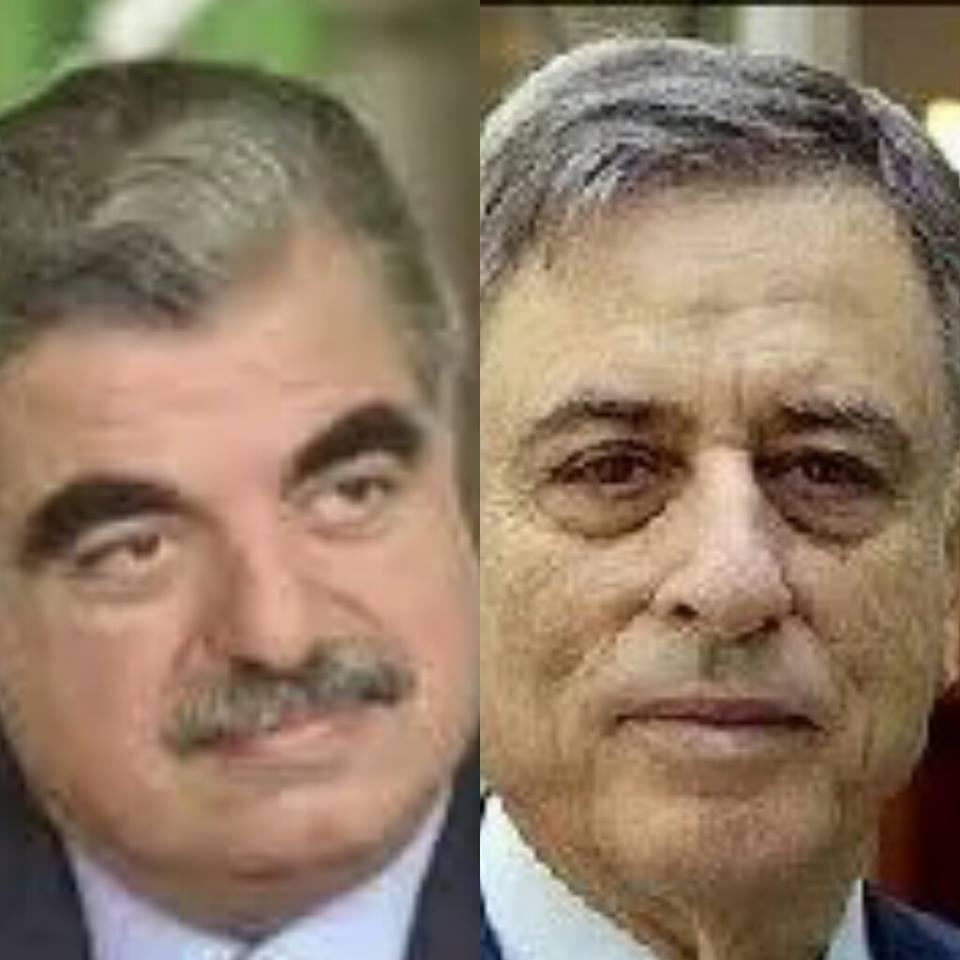1 – Who is responsible for the current destruction in Syria?
- There are two main responsible parties: Russia, Iran, and the regime on one hand, and the Arab community on the other. There is a fundamental difference between those who kill or participate in killing, and those who could have stopped the killing or reduced it. This is what the Arab League did when it thought, after six months of the uprising, to send Nabil Al-Arabi to meet Bashar Al-Assad. To be honest, what is happening now in Syria reminds me of the beginnings of the Palestinian catastrophe. Furthermore, there is an important point: Syria did not have extremists, and the Syrian people by nature are not extremists. However, there is a sense of frustration and a feeling that the world has abandoned them, which has pushed many Syrians towards extremism, defined as a loss of balance in behavior.
2 – Speaking of “ISIS” and “Al-Nusra,” who brought “ISIS” to Syria?
- Iran brought “ISIS” to Syria, and no one doubts that, and I know what I’m saying. Iran is a significant part of the fighting in Syria. There are Shiite Islamic organizations, the Revolutionary Guard, and Hezbollah; all of these are fighting alongside the Assad regime. The fall of the Assad regime would be a severe blow to the entire Iranian system. Why do you ask? I’ll tell you: if Bashar’s regime falls, Iran’s influence in Iraq will end, and the role of Hezbollah in Lebanon will weaken, if it does not completely disappear. Consequently, the presence of Iranian militias and its proxies will shrink. Trust me, if this happens, you will witness a reduction in Iran’s influence in the region. That’s why you find the Iranians providing Bashar’s regime with weapons, protection, and fighters. I don’t want to be too sure and assertive, but if I tell you that “ISIS” is directly managed by Iran.
3 – Is Iran willing to abandon Assad in exchange for reconciliation with the Gulf states… an international deal… or what?
- Who said that Iran is fundamentally looking for reconciliation with the Gulf states? It’s only seeking a temporary calm until it finishes the Syrian crisis, and then it will turn its attention to other countries where it can ignite conflicts, primarily Bahrain, and it will support the Houthis in Yemen to create turmoil on the Saudi border. The Arab region in the coming years will witness an unprecedented sectarian conflict.
4 – What makes you confident that Iran is not serious about reconciliation? Khaddam said: Iran doesn’t want reconciliation with the Gulf states. I base this on something Rafsanjani said in 1985 when he came to request weapons from Syria, and I apologized to him. He got angry and said, “I hoped you would support us in our war against Iraq, and I’ll tell you this: if Iran wins, the entire region will become one land and one state, from Afghanistan to the Mediterranean Sea.”
5 – Do you see any scenario where Tehran might abandon Bashar?
- No, it’s impossible. Syria is a matter of life or death for Iran.
6 – There is talk of the possibility of a sectarian state on the coast.
- That won’t happen. In the coastal areas, more than 40 percent of the population is Sunni. If the coast separates, Syria will become a landlocked state with no access to the sea. That’s why I strongly doubt… very strongly doubt the possibility of a state within the state. In the current conflict, there may be a phase where one part is stronger than the other, but not independently or separately. Let me go back to what we started with: if the Arab countries provided the Syrians, not Ahmad Jarba, with advanced weapons, believe me, Bashar and his regime would fall within a month.


